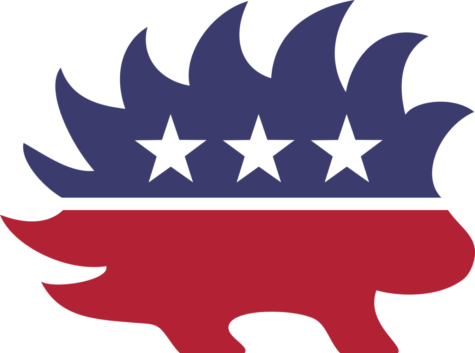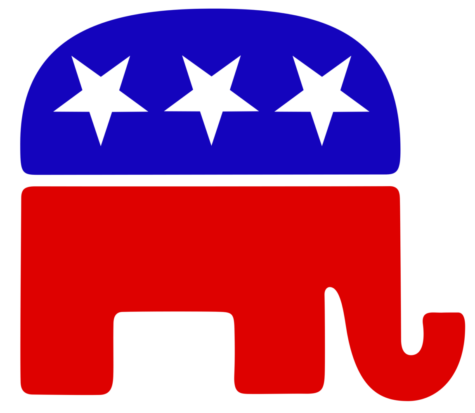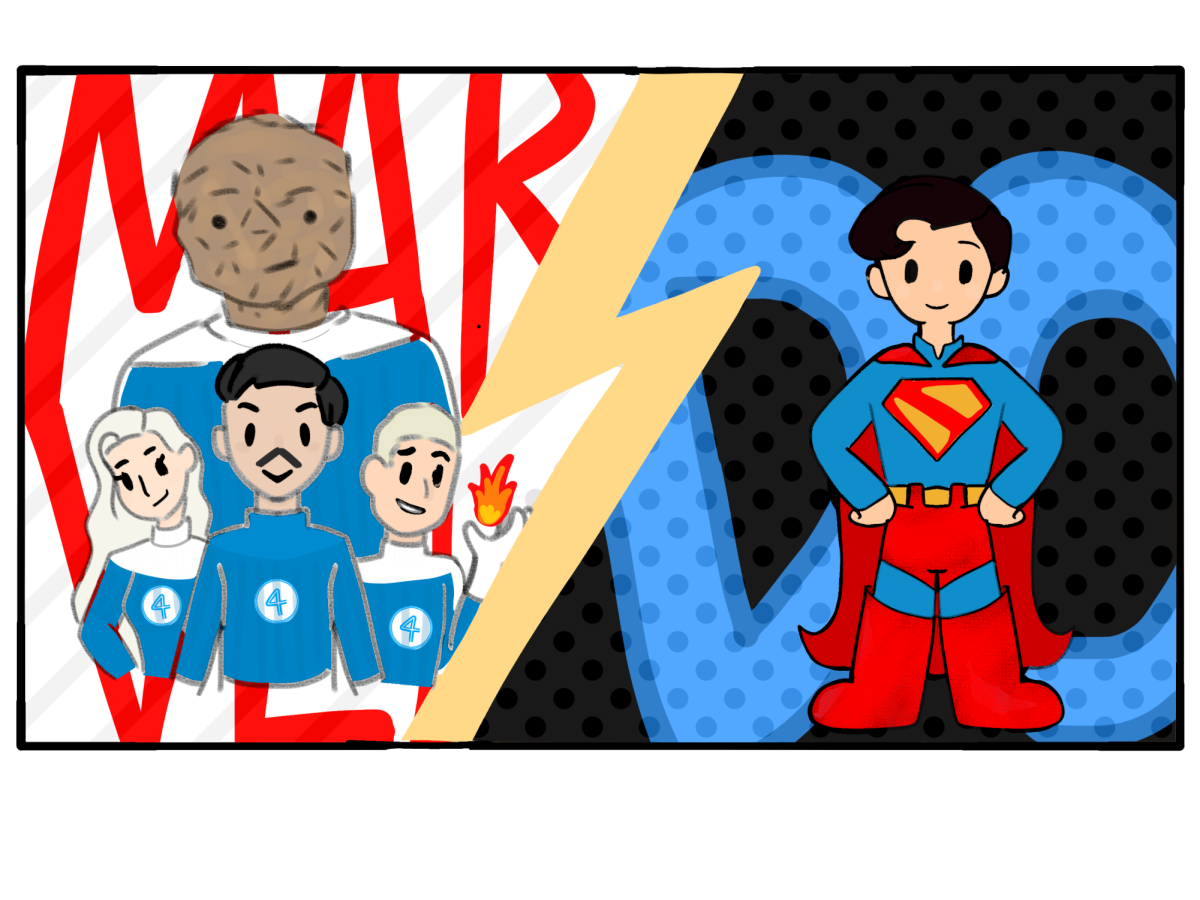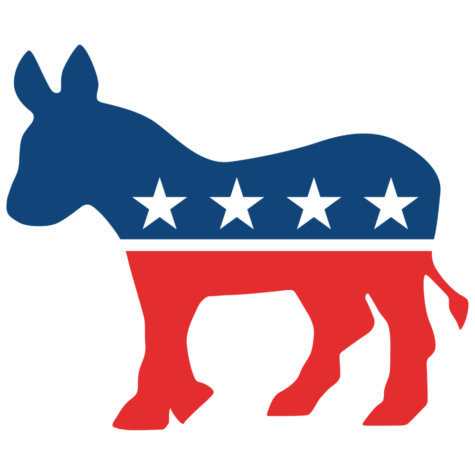New Neutrality: What is it?
Net Neutrality: The concept that internet providers should enable equal access to all content, regardless of source, and to not block or censor specific content or sites.
“Net Neutrality is intended to prevent companies that provide internet service from offering preferential treatment to certain content over their lines.” (New York Times)
“[S]tarting in 2015, the Federal Communications Commission (FCC) has had protections in place to prevent broadband providers from doing just that. But now, the Trump FCC is moving to do away with those protections.” (ACLU)
Before Net Neutrality regulation, Internet Service Providers (ISP’s) invested over 1.5 trillion dollars in the internet ecosystem. (FCC)
On December 14, the FCC intends to vote on rolling back Net Neutrality. Thus far, they have received just under a million comments worth of feedback.
 Progressive: Damian Walsh ’18
Progressive: Damian Walsh ’18
Throughout American history, there have been events that have unified large swaths of the political landscape. The current peril of Net Neutrality should be both alarming and disturbing to all Americans. Net Neutrality should not be an issue of partisan debate, but rather about the sanctity of intellectual freedom and conscionable government.
If Net Neutrality regulations are rolled back by the FCC, internet service providers would be free to limit accessibility of certain content or the speed of certain sites at will. Independent media would suffer on both the progressive and conservative ends of the spectrum. Those that argue that the mainstream media is biased, would only see a further suppression of differing viewpoints. If an internet service provider feels that a site or media outlet is a threat to its profits, then they will be at liberty to make the site virtually inaccessible.
Do not be fooled by the empty corporatist rhetoric of ‘spurring investment’ and ‘restoring internet freedom.’ Corporations are not human beings. They have no innate sense of morality or social conscience, their purpose is to maximize profit. Hence, they should not be treated as though they were humans, though there are some who will vehemently disagree. It is naïve to think that internet service providers will not take full advantage of their newfound ability to further profit. Comcast, for instance, has already deleted its pledge to not create paid prioritization lanes.
The repeal of net neutrality will mark a fundamental departure from the free and open internet we have come to know today. It will mark yet another turn towards unbridled capitalism, leaving the American people at the mercy of multinational corporations. No system is perfect, that is for sure, but it is wholly unconscionable to repeal net neutrality because it will help corporations, that are already too large to fail, make even more money. A healthy capitalist economy is not synonymous with oligarchy, and curtailing net neutrality regulation takes one step closer to just that – an oligarchic form of society.
 Libertarian: Michael Vanelli ’19
Libertarian: Michael Vanelli ’19
Five Million Dollars. 30 seconds. February 5th, 2017. This was the price of a commercial at Super Bowl LI. Every year, the Super Bowl shows us some of the best commercials of the year; and the reason they’re so good is the immense cost to air what reaches the largest audience of the year. Only the best make the cut, and only the most successful companies can afford a spot.
Net Neutrality works similarly in many ways, and libertarians take the unpopular position that it isn’t really necessary.
Many believe that without Net Neutrality, which regulates that cable companies must allow all services to run at the same speed, Companies will allow Netflix to run faster than Hulu, or vice versa, depending on which streaming service pays the cable company more. A libertarian will point out that competition actually forces companies to give the best services prime speeds – who will buy Xfinity if their streaming service is faster on Fios? If Xfinity doesn’t get it together, and run both Hulu and Netflix at a fast speed, a competitor will.
So who loses? Small businesses. Maybe Nike and Adidas can both afford 30 seconds, but startups like DOLA can’t. Old companies may be able to afford high-speeds that new ones can’t, and while this doesn’t help competition, websites still work with slower service, just as businesses have other ways to advertise. Some companies might not have equality, but it doesn’t mean their advantage isn’t fair to consumers; the free-market libertarian reasons that companies only have money to afford higher speeds because buyers decided to purchase their products and make them richer.
Finally, libertarians say government is no better than cable companies at keeping things neutral. Net Neutrality was enacted in 2015, and legislation alone hasn’t fostered an even playing field. YouTube still doesn’t monetize controversial videos and Google still gets away with cherry-picking search results. It sounds bad to take opportunity from small businesses, but if Super Bowl commercials cost five dollars that anyone could pay instead of a five million dollar premium, they wouldn’t be nearly as good.
 Republican: Alex Tullman ’18
Republican: Alex Tullman ’18
Chairman of the FCC Ajit Pai is making a detrimental mistake by eliminating Obama-era Net Neutrality rules.
These regulations are an essential part to protecting and ensuring access to internet for all Americans. A full repeal of these regulations would allow major corporations such as Comcast to take advantage of internet users, dictate pricing, and restrict access to certain sites.
We’ve seen this happen with these very same companies on cable packaging and pricing. Americans should have access to every internet site at the same low cost and quality.
With the repeal companies could price gouge to access online marketplaces, news, and pathfinders. Not to mention that larger corporations would have an unfair advantage over small business online as they could afford to be front and center, and at a cheaper accessing rate.
This would significantly hurt small businesses. We must continue to encourage online sales to continue without the obstruction of having to pay to reach the marketplace.
Many large companies are even against repealing Net Neutrality including Amazon, eBay, Google, Microsoft, and Yahoo.
The only ones benefiting from ending neutrality would be lobbyists and large companies that host the wires under your house such as Verizon, Comcast, and BellSouth.
It’s up to the current government and presidential administration to put the American people first, not corporate America.
Allow for innovation within the market through strategic repeals of parts of the Net Neutrality bill, not through a total repeal of the entire bill. Bipartisanship will be vital in ensuring that Net Neutrality stays in effect.
For the stars and stripes, not for party.
Democrat: Lou Alpert ’18
We live in a capitalist society which promotes competition. This allows for class mobility, economic equality, and is the reason the American Dream lives on. Find me a hard working American (a Republican or Democrat) who disagrees with the way our economy works. Sure, it isn’t perfect, but it’s pretty good (beats socialism and communism). However, if we get rid of Net Neutrality, say goodbye to competition, and say hello to an oligopoly.
An oligopoly is a market in which few businesses or companies own or control the entire market for a good or service. It’s as close as you can get to a monopoly, yet somehow Americans are okay with the existence of one. If Net Neutrality goes away, Comcast, Verizon, and a few other companies will dominate the entire internet speed market.
What does this mean for you? Well, any competitor of those companies will be slowed down. Your Netflix will take hours to load- so will google and Facebook. Companies such as Netflix will then have to pay fees to be provided with faster internet speed for its users. Again: what does that mean for you? It means higher prices for Netflix, more ads on Google and Facebook, and no competition from small apps and websites.
This is not a political issue, it’s an economic issue. Trump tweeted in 2014 that, “Obama’s attack on the internet is another top down power grab. Net Neutrality is the Fairness Doctrine.” He was right; President Obama handled Net Neutrality terribly. Yet, now Trump is trying to reverse Net Neutrality! Clearly our politicians are failing us. So now it’s time for us to take the lead.
Get educated on this issue: John Oliver made two terrific videos on Net Neutrality, and there is a plethora of information out there on the topic. You don’t want to see slower internet, higher prices, more ads, and a lack of competition. Go to this website, click “express,” and in the words of John Oliver, “Comment that you strongly agree with strict Net Neutrality laws backed by title II oversights of ISPs.” Act now.
www.gofccyourself.com























